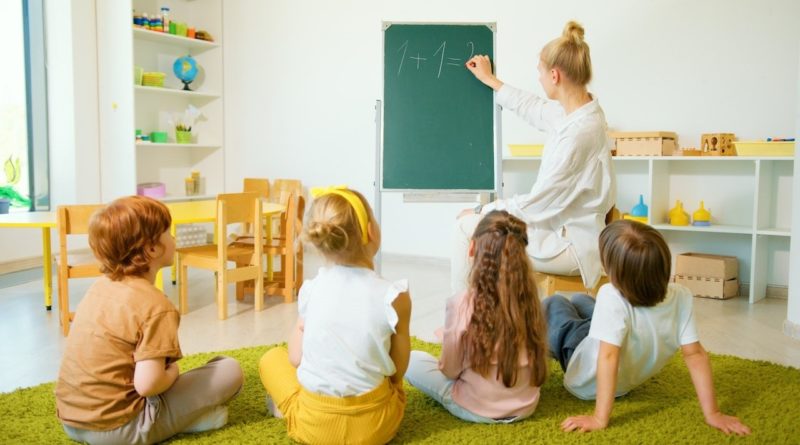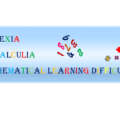On the Subject of Maths Tuition
After the joy of summer, the busy and exiting first weeks of September are upon us. It’s that time when many children are being signed up for extra tuition, whether to prepare them for exams or to give them some extra support or a headstart on a challenging subject – which very often happens to be maths!
The high demand for maths tuition is not surprising. Maths is one of the most important school subjects. Indeed, giving a child a good maths education is a valuable investment in their future. But what is a good maths education? And what is good maths tuition?
All learning activities, including maths lessons, should be designed to stimulate a child’s cognitive development. Thus, an hour spent on solving problems is much more beneficial for a child than an hour spent on practicing calculation techniques. However, even an excellent maths teacher might fail to organise stimulating lessons in a large class of children with a range of abilities and diverse backgrounds. The benefit of private maths tuition is that it can be organised in small compatible groups or individually.
An individual approach works wonders for children who struggle with mathematics. Alarmingly, this is the most substantial cohort of school-age children. I believe that the difficulties which so many children experience when learning maths have nothing to do with their cognitive abilities or the lack of a ‘maths gene’, but rather are the consequences of failing provisions for maths education.
If a child has already had a negative experience studying mathematics at school, the after-school tutoring should be very gentle. Negative emotions associated with maths lessons could be extrapolated by a child to the subject of mathematics itself. It’s important that your tutor starts with the most basic exercises, then slowly and methodically builds the topics up. If a child gets stressed or drained, it is better to take a break and restart. Good maths tuition is not about drilling children on ‘challenging’ topics, but about helping them to develop self-confidence and enjoy maths.
With the correct support, children normally succeed at school mathematics, while a good maths tutor should be able to help a gifted child to develop their abilities even further. It does not mean that a Year 4 student should be given Year 6 questions to practice – which unfortunately most often is the case, and is a waste of time and talent. Instead, able children should be encouraged to work on age-appropriate problems which require a deeper understanding of mathematical concepts, for example problems from maths competitions, such as Kangaroo or UK Maths Challenges.
The demand for maths tuition has created an enormous market. However, the most beneficial maths lessons are those on which children are able to explore mathematical ideas, and are encouraged to use their creativity to combine these ideas to solve problems. Such lessons are worthy investments in a child’s development, and are representative of a world-class mathematical education.
Please share with us your thoughts and experience on the subject of maths education at www.mums-dads.co.uk/learning-maths-together or in the comment section below.








I think that, like reading and writing, numeracy should start as soon as possible. A child is most receptive in the early years and if their interest can be piqued at a very young age it is more likely to continue as they get older.